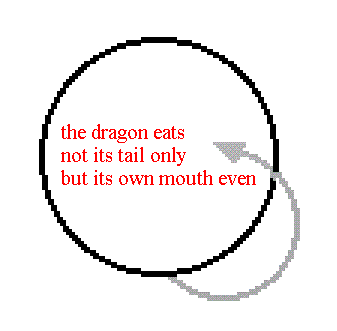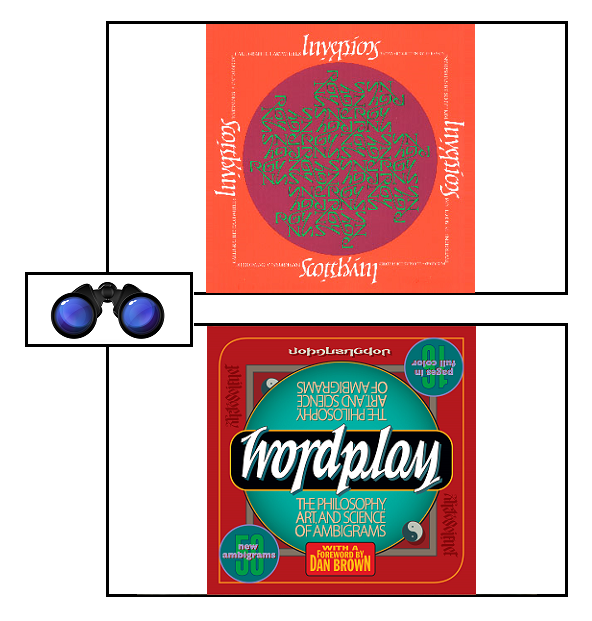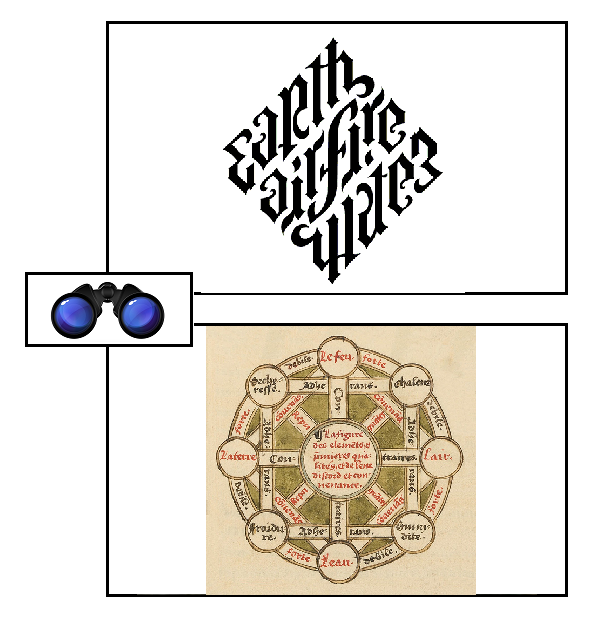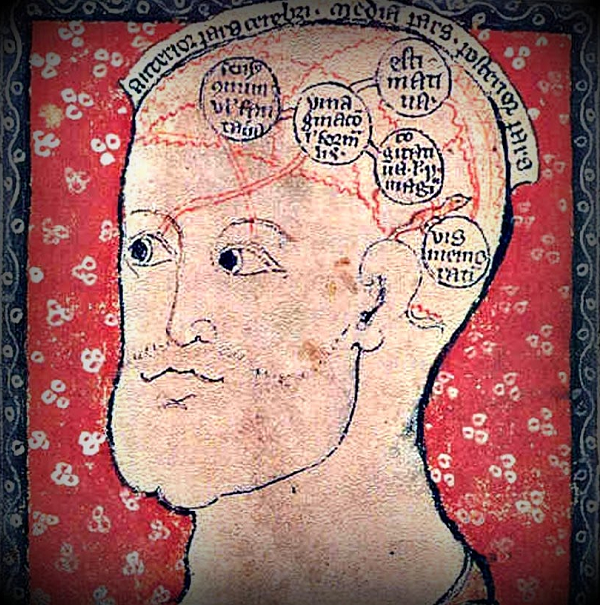[ by Charles Cameron — time, like an ever rolling stream, bears all its sons away ]
.
I’m more than a little proud of these two tweets from my nephew, the conductor Daniel Harding, who was in Japan at the time of the March 2011 quake:
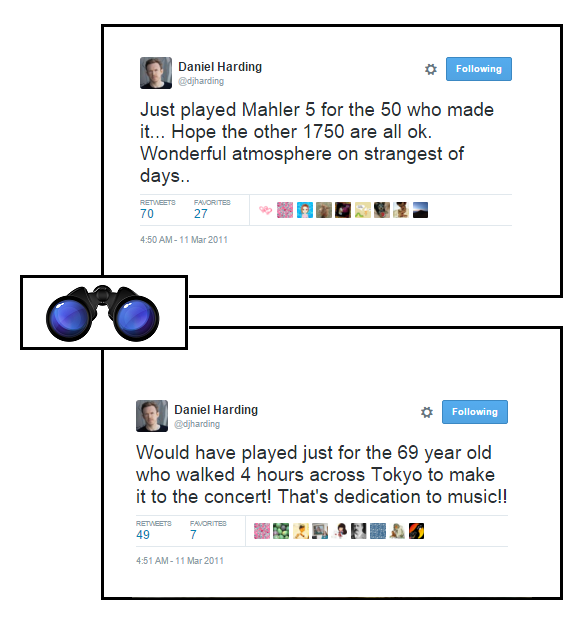
I remembered them today while reading Anna Goldsworthy‘s The Lost Art of Listening — subtitled Has classical music become irrelevant?
**
Goldsworthy’s central theme is this:
Reports of the death of classical music are not new. There are those who have made a career out of eulogising it, such as the English journalist Norman Lebrecht, who has written the same book on the subject several times; the late pianist and musicologist Charles Rosen quipped that “the death of classical music is perhaps its oldest continuing tradition”. Classical music has absorbed a number of deaths already – the death of patronage, of the composer-virtuoso, of tonality. Clearly it is made of stern stuff, but can it survive the death of its audience?
It was this sentence, however, that reminded me so vividly of Daniel’s tweets:
Might there be a concert a few decades hence in which – God willing – my trio is still performing, but only to an audience of one? And if that listener were to perish mid performance, would we keep playing?
**
I’m wondering whether Goldsworthy’s question — Has classical music become irrelevant? — may not parallel a similar concern about poetry.
Language shifts. Eliot caught it nicely:
Words strain,
Crack and sometimes break, under the burden,
Under the tension, slip, slide, perish,
Decay with imprecision, will not stay in place,
Will not stay still.
The Oregon Shakespeare Festival has announced its plan to “provide translated texts in contemporary modern English as performable companion pieces for Shakespeare’s original texts..” The OSF comments:
We have asked the writers to limit their efforts to updating the more antiquated language in the plays. Shakespeare’s works are all written in modern English; it’s just that in the last 400 years, many of the words, phrases and references have fallen out of use. So our focus is squarely on translating this antiquated language to increase understanding, while maintaining the vibrancy of the original.
So there you have it: Shakespeare’s works are all written in modern English; it’s just that..
And so the wheel turns.
**
When I was researching 4chan clues to the recent Umpqa shooting, I had to avail myself of the Urban Dictionary to learn the meanings of such terms as sperg out, pepe, normie, edgelord —
Edgelord:
A poster on an Internet forum, (particularly 4chan) who expresses opinions which are either strongly nihilistic, (“life has no meaning,” or Tyler Durden’s special snowflake speech from the film Fight Club being probably the two main examples) or contain references to Hitler, Nazism, fascism, or other taboo topics which are deliberately intended to shock or offend readers
— and there isn’t even a definition for libcucks as yet. Hey, I’m an Ancient. It’s what happens to the young.
So I get the feeling Shakespeare may have now reached the point of obscurity that Chaucer had reached in 1951, when I was yet a child and Penguin published Neville Coghill‘s verse translation of The Canterbury Tales.
**
One of many notable comments in Goldsworthy’s piece was this:
In 1942 starving musicians performed Shostakovich’s Symphony No. 7 in Leningrad while the city was under siege. The musicians were given an hour-long ovation, and the concert was broadcast to German forces as a form of psychological warfare.
Pablo Neruda, Andrei Voznesensky: I’ve seen it suggested that poetry has urgency — and the large audiences to prove it — in those times and places where poets also risk imprisonment, perhaps torture, and even death.
Irina Ratushinskaya described her writing habits while in the Soviet Gulag:
In defiant prose, she tells of her refusal to cower in the camp “like a frightened mouse.” Determined to continue writing poetry, she would scratch verses onto bars of soap with the burnt end of a matchstick. One poem described “the first beauty which I saw in this captivity: a window in the frost!” Another confided: “We live stubbornly/like a small beast who’s gnawed off his paw/ to get out of a trap on three.” After memorizing her words she would wash the evidence away. Later she copied the poems, in minute handwriting, onto four-centimeter—wide strips of cigarette paper and smuggled them out to Igor, who passed them on to Western journalists. “All poets should have such a school,” she says now, with a laugh. “It taught me to be very spare and concise.”
**
Daniel’s tweets:
Daniel Harding, Wonderful atmosphere on strangest of days
Daniel Harding, Would have played just for the 69 year old
Oregon Shakespeare Festival announcements:
News Release, OSF Launches Three-Year Shakespeare Translation Commissioning Project
Play On FAQ, 36 playwrights translate Shakespeare
Next year, Daniel takes up the post of music director of the Orchestre de Paris.


